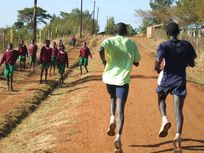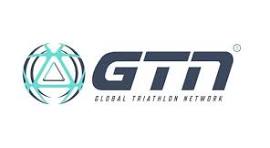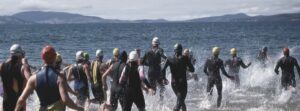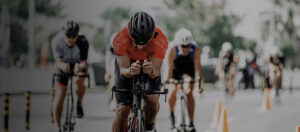Six secrets of Kenyan running that are simple to incorporate into your own training and lifestyle…
It’s hard not to notice just how brilliant Kenyans are at running. Each year several hundred of them run sub-2:15 for a marathon, whereas in the UK that same figure is usually in the single digits. Not bad, especially considering they have a smaller population and less financial support. Clearly, they’re doing something we’re not, but what is it?
Kenyan Running: Why are they so successful?
1. Soft Ground
Kenya doesn’t have the same network of roads and pavements as the UK, and so nearly all of their running is done on dirt trails. It’s less harsh on your legs and means you can rack up more mileage without succumbing to unnecessary soreness and injury. There’s no benefit in making a run feel hard for the sake of it. If you can reduce impact stress by running on trails, you’ll recover quicker too. You could also return to running after injury with less stress on that injury and perhaps a little quicker return to full training too.
2. Polarised Intensities
There’s not a lot of middle ground in a Kenyan’s training. They’ll either be running fast or tempo efforts or else racking up huge mileage by running two or three times per day at a surprisingly slow pace. This builds them a great base of endurance while leaving them fresh enough to hit the key sessions hard. Our running training plans also follow similar techniques.
3. Group Training
Kenya’s training Mecca is a small town North West of Nairobi called Iten. Many European and American athletes have been there to train and have reported that it’s very unusual to see a Kenyan running alone. Whether it’s a speed session or an easy run, you’ll always see them in big groups. We all know that running with others can make a hard run seem easier. Kenyans always use this to their advantage.
4. Chill Out, Eat Simply
Kenyan runners are great at minimising any stress outside of training. They have regular naps and go to bed early. They have a culture where relaxing is encouraged, and not seen as laziness. They eat a simple, healthy diet of meat and vegetables from local organic farms. And their main source of carbohydrate is a dish called Ugali, made from cornmeal. Even 2012 Olympic 5000- and 10,000-metre gold medal winner Mo Farah eats the stuff when he’s training with Kenyans.
5. Warm-up
African runners, not just the Kenyans, are great at warming up gently. The first mile of any run is done at a snail’s pace, and then the pace builds very gradually over the next few. The idea is to ease the body into the rigours of running, giving the muscles a chance to heat up and become more elastic, and for the blood to get pumping around the working muscles. It’s a fact that warm muscles work more efficiently than cold ones.












